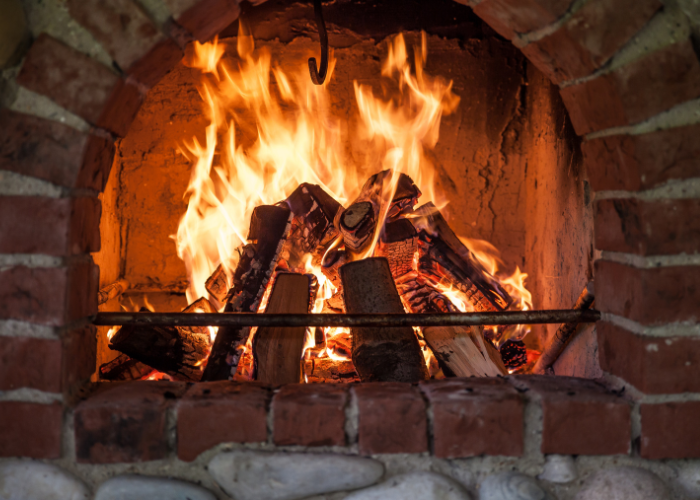MADRID – It concerns almost all Associations of Owners of buildings with central heating in Spain. High gas and electricity prices. Last winter, many residents already had to deal with gas bills of up to a few hundred euros per month.
These amounts are expected to double, or even worse, this winter. Some HOAs have already started turning on the central heating systems later than normal. Another option is that they reduce the number of hours the heating can be turned on each day. In some extreme cases, it has been decided not to turn on the heating at all. There is a fear everywhere that people will not be able to pay their energy bills and that the supply of gas or electricity will be cut off as a result.
Sales of alternative heaters increased
Consequently, the sale of alternative heating systems has increased enormously. A spokesperson for Leroy Merlin in Vitoria, northern Spain, says in SER that from July people have been asking for alternatives, such as paraffin heating, oil stoves, pellet stoves, gas stoves and also electric, mobile radiators, with which people want to be able to heat their homes locally. A spokesperson for Bacomat tells SER that since September the sale of stoves has doubled compared to last year.
Change rate
Another sign on the wall is that long queues of people are increasingly seen at the commercial offices of gas suppliers such as Naturgy and Iberdrola, also in Vitoria. People want to lower their bill by switching to the regulated tariff, the so-called Tarifas de Último Recurso (TUR), currently the cheapest on the market. Only people who have individual heating can switch to this rate. Buildings with block heating or central heating are excluded from this by law.
The TUR rate is currently 6 cents/kWh, while Home Owner’s Associations pay up to 30 cents/kWh. That’s five times as much! This means a difference in bills of hundreds of euros per month in winter.
Government announces to come up with Emergency Plan ‘quickly’
Despite initial protests from homeowners’ associations and neighbourhood associations being heard as early as February, it was not until mid-September before the government could confirm that measures are underway to reduce people’s energy bills in buildings with central heating. The government gave no details about those measures, only that they would come “soon”. Sources from the Ministry of Ecological Transition told Cadena SER this earlier this week. The new measures will be included in the Emergency Plan for Energy (Plan de Contingencia Energética) that will be announced shortly.
Demand for firewood and pellets has increased enormously
Huffington Post writes that the demand for firewood and pellets has increased in an unprecedented way. Many places already have restrictions and no more than two bags of pellets are sold per person.
“Manufacturers are going crazy,” says the Spanish Association of Manufacturers of Stoves, Fireplaces and Solid Fuel Kitchens (AEFECC). Hardening is very much in demand. Previously, you went to a distributor to buy a fireplace or wood-burning stove and had it in 10 days. Now, something like this takes at least two or even three months, according to sources at the association.
VAT reduction from 21 to 5%
The general price increase motivated the government last September to lower the VAT on these products from 21% to 5%. However, as the consumer organisation OCU has denounced, there were certain companies that in some cases even increased their price by up to 24%, meaning that consumers didn’t notice the tax cut at all.
Both pellet stoves and electric fireplaces are more economical than an oil radiator, a stove or gas heating. However, these options are not suitable for every home. It must at least have a correct smoke outlet. Furthermore, in smaller homes, the lack of storage space for firewood or pellets is often a problem.


